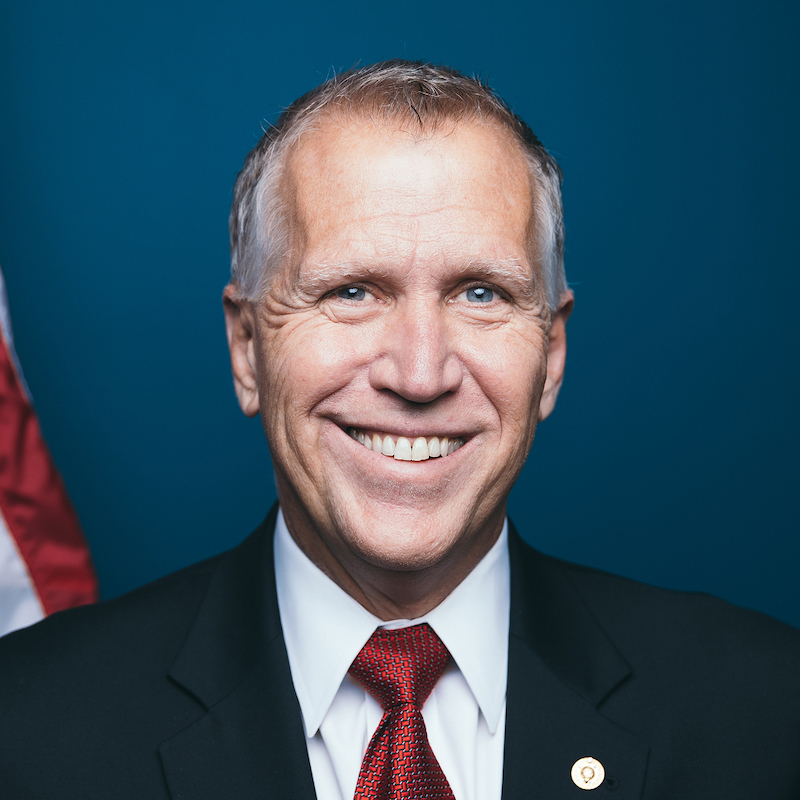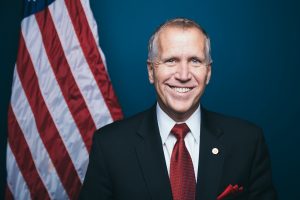“The Office has done its best to adapt over time but has been hamstrung by outdated statutory authorities, the lack of adequate appropriated funds, antiquated legacy IT systems, and other structural issues.”
Every single day, millions of Americans enjoy the benefits of a robust copyright system that has been responsibly guided and carefully enacted by the U.S. Congress over the past two centuries. Indeed, only just recently, Congress updated the incredibly complex music provisions of the law, and we continue to have hearings on issues that show the deep regard of this Nation when it comes to incentivizing music, movies, books and art—works that speak to our values and progress as a Nation. By its very design, the copyright law encourages artists big and small, ultimately fueling the public domain for ages to come.
And copyright is an economic powerhouse. According to the International Intellectual Property Alliance (IIPA) 2018 report, Copyright Industries in the U.S. Economy, copyright intensive industries contribute $1.3 trillion to the U.S. gross domestic product, representing almost 7% of the entire economy. These industries also employ close to 5.7 million American workers with an annual average salary of almost $100,000. In a word, copyright is essential—both to American public life and the broader American innovation economy.
Unfortunately, Congress has fallen behind in one crucial aspect of the copyright system: ensuring that the American people have a nimble, state-of-the-art, and efficient Copyright Office at their service. The Copyright Office administers the copyright law, not only registering a wealth of intellectual property but also providing the public with critical notice of ownership, licenses and assignments, date of publication, public domain status and more. But despite years of debate amongst Congress and stakeholders, the Copyright Office remains woefully underfunded and antiquated. It no longer effectively serves the needs of the United States.
To be fair, the Office has done its best to adapt over time but has been hamstrung by outdated statutory authorities, the lack of adequate appropriated funds, antiquated legacy IT systems, and other structural issues.
For all of these reasons, my Subcommittee [the Senate Committee on the Judiciary’s Subcommittee on Intellectual Property] will convene a hearing later this month to provide oversight and support of the Copyright Office. At this hearing, we’ll hear from the recently appointed Register, Karyn Temple, about the efforts the Office is undertaking to adapt to the 21st century and find out from her what tools, authorities, and resources she needs from Congress in order to modernize the office. I’ve met with Karyn and I am confident she is the right person at the right time to finally launch the Office into the 21st century. At this hearing, I will also announce a bipartisan, bicameral legislative effort to update the Copyright Office. This effort will involve stakeholders from across the copyright community and general public, and it is my hope that our work throughout the fall will produce a bill by the end of this year that provides the Copyright Office with the appropriate structural autonomy and necessary resources it needs to support the America’s creators in the 21st century. The United States deserves no less.
I look forward to working with all interested parties throughout this effort so that we can have a top-notch agency for the 21st century. This isn’t a partisan issue. It isn’t an ideological issue. Everyone, from rights holders to the general public, deserves an efficient and effective Office. That’s what I’m committed to providing, and I look forward to seeing what this effort produces. Working together, we can and will bring the Office into the 21st century and ensure that America’s copyright economy continues to provide the aesthetic, economic, and cultural benefits that are so important to each of us.

![[IPWatchdog Logo]](https://ipwatchdog.com/wp-content/themes/IPWatchdog%20-%202023/assets/images/temp/logo-small@2x.png)


![[Advertisement]](https://ipwatchdog.com/wp-content/uploads/2024/05/Quartz-IP-May-9-2024-sidebar-700x500-1.jpg)
![[Advertisement]](https://ipwatchdog.com/wp-content/uploads/2024/04/Patent-Litigation-Masters-2024-sidebar-700x500-1.jpg)

![[Advertisement]](https://ipwatchdog.com/wp-content/uploads/2021/12/WEBINAR-336-x-280-px.png)
![[Advertisement]](https://ipwatchdog.com/wp-content/uploads/2021/12/2021-Patent-Practice-on-Demand-recorded-Feb-2021-336-x-280.jpg)
![[Advertisement]](https://ipwatchdog.com/wp-content/uploads/2021/12/Ad-4-The-Invent-Patent-System™.png)






Join the Discussion
7 comments so far.
Steve Mclaughlin
August 7, 2019 11:13 amI applaud ANY improvement to the process of copyrighting music in my case. The process is cumbersome and takes WAY too long. I had to wait 6 full months for my songs to receive copyright, in which time they could have been stolen, used used without permission, copied, downloaded, all the above! In the digital age, to lag so far behind in technology is a travesty and a disservice to the American entrepreneur and artist. Thank you for your effort!
Copyrights aren’t patents
July 30, 2019 10:21 amSomehow, this is all Michelle Lee’s fault.
concerned
July 25, 2019 08:16 amThe rejections out of the PTO should at least be truthful. And if the rejection I received stands affirmed at the PTAB, then the federal government should be sued class action by the states and untold families.
If the solution was so routine, so conventional and so well understood, then why did the Administering Agency cause severe financial harm and emotional toll to the states/families by not doing their job for decades?
Exhibit A: The rejection. Witness #1: The PTO examiner to explain how he sees something millions of other working professionals and experts did not, and the examiner never worked day one in this field. Witness #2: The Administering Agency. Why did you not do your obvious job and cause such harm as implied by the rejection or is the PTO rejection full of it?
I agree with other posters. Job #1: Fix the 101 mess first and foremost, real people are being harmed.
Paul Morinville
July 24, 2019 01:16 pmI just had another patent deep sixed by the PTO under 101. This one is also core to industry standards. Senator, you should go investigate corruption at the PTO especially those patents denied under 101. Compare those to patents granted to big tech. The difference is undeniable.
IPdude
July 23, 2019 07:44 pmWhatever happened to 101/patent reform? Moving on to pretending to fix copyrights now?
Jeff Hardin
July 23, 2019 06:04 pmSenator Tillis: Thank you for your work to help improve the U.S. patent and trademark system. I welcome your office to read the written testimony I submitted on June 30 to the Patent Office pursuant to the SUCCESS Act, entitled “Coupling Equal Opportunity with Equal Outcome”. In this paper, I identify unresolved issues facing today’s independent inventor, and I provide legislative solutions to those issues.
You can find that PDF here: https://drive.google.com/file/d/1ujiVpxwn7OaMqjHppdbHzKBYG16DzrrH/view
The Original Creator
July 23, 2019 04:44 amTo copyright.gov: Plz don’t send paper mail. Plz send reply by Email only!